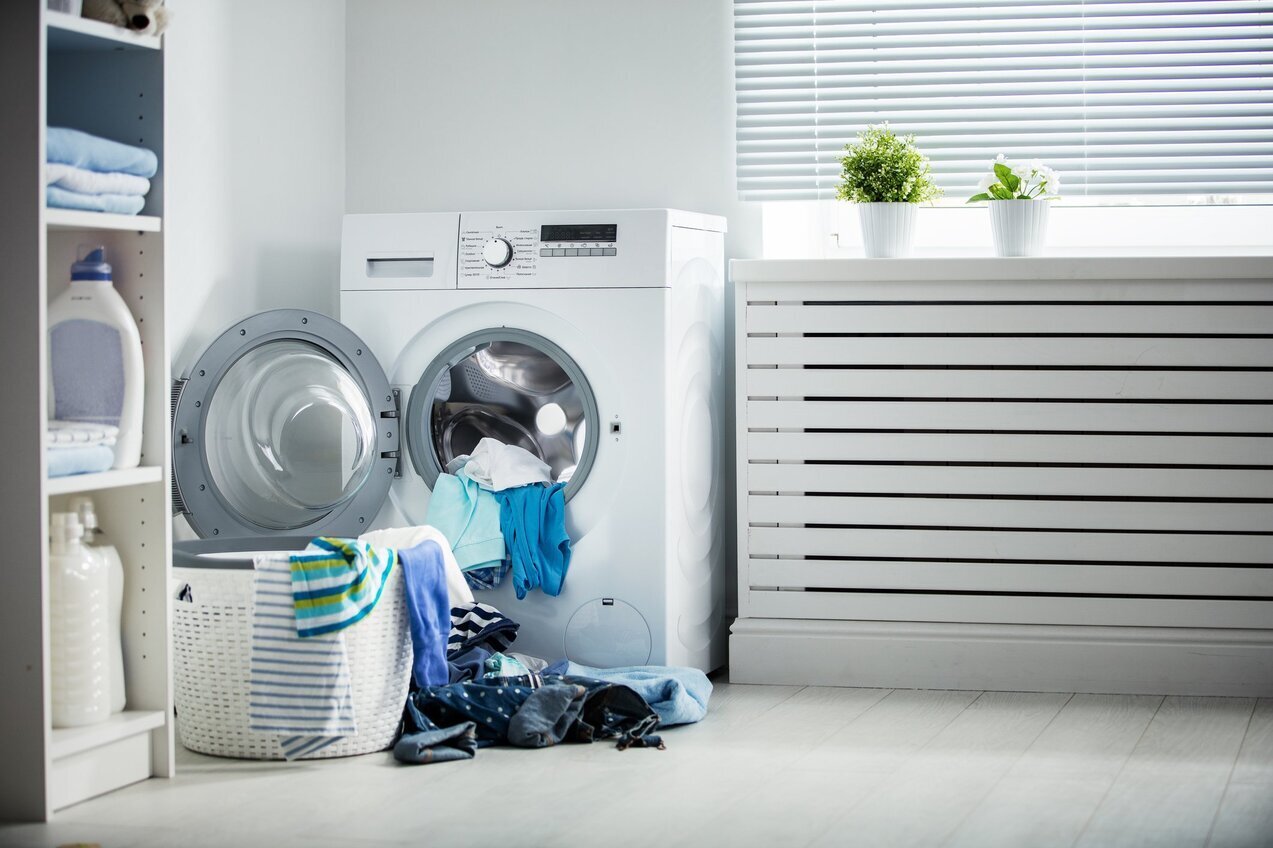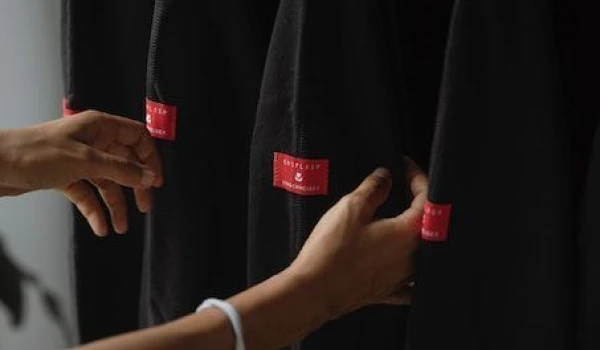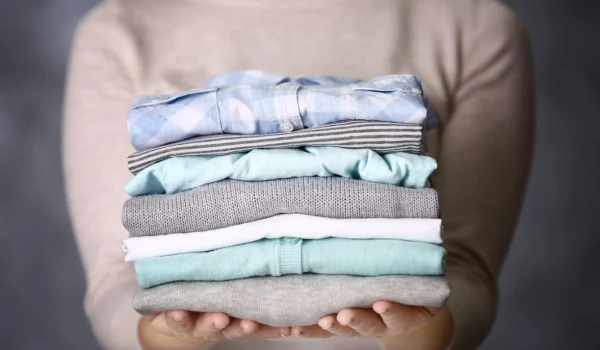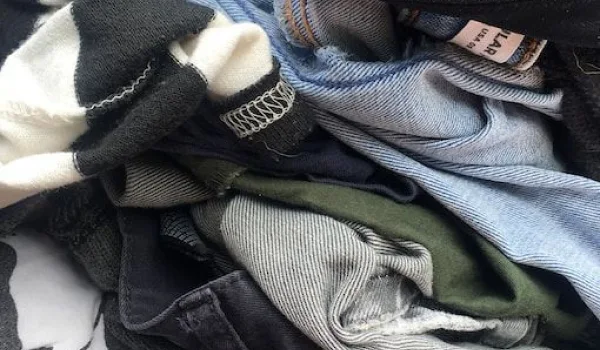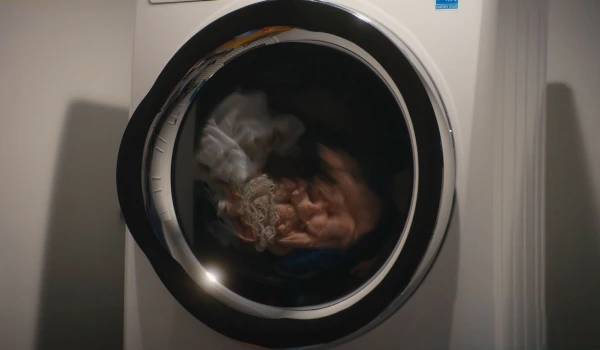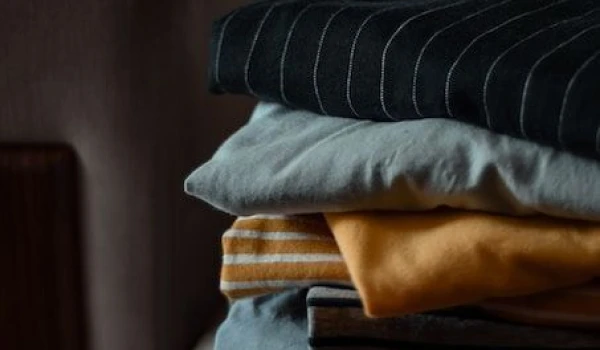Introduction
The hamper begins to fill up, your closet becomes more spacious, and your drawers lighter – laundry day is fast approaching. Whether you currently have a set schedule to wash clothes or do it when needed, we often overlook some habits for efficiency and resource conservation. Do not worry, below are some pointers to address this.
When Is the Best Time To Do Laundry?
Electricity prices vary throughout the day, depending on demand. "Peak hours" refer to the times of the day when demand is highest – usually when people return home from work or school and begin using electrical appliances and lighting (think weekdays, 5pm to 8pm). As such, the price paid per kilowatt hour ($/kWh) during this time is the highest.
Since your washing machine and dryer use the same amount of energy regardless of the time, it is highly advisable to run loads outside of peak hours to save on electricity bills.
Best Time to Wash Clothes Based on Seasons
Of course, peak hours vary depending on the time of year and climate. A good way to gauge whether demand is high is to check whether you have air conditioning or heaters running at home. To make it even easier, here is the best time to do laundry by season:
- Summer: Best to do laundry in the morning, before everyone has their air conditioners and cooling appliances running (think before 8am).
- Winter: The later the better. Most people turn off or reduce their heater temperature when they go to bed, reducing energy demand. This is your window to run your washing machine and dryer. Of course, it is important to also consider the noise your washer or clothes dryer may make!
- Spring & Fall: These months will depend on the climate you live in. In warmer places, you should follow summer hours and winter ones for colder months.
Tips to Wash Clothes and Save Energy & Money
Good news – we have more tips to share to help you maximize savings and be environmentally conscious! Here are a few additional ideas:
- Use Cold Water: Setting your washing machine to "cold" ensures your energy bill will be lower – heating water is by far (~75%+) the main use of energy consumption in a laundry cycle. In addition, less energy used means fewer greenhouse gas emissions! Do not worry about the quality of your load outcome – most detergents are designed to work just as well with cold water. Some fabrics (delicate ones like silk) do best in cold water, and there is always a lower chance of clothes shrinking, fabric fading, and colors bleeding (no need to separate clothes!).
- Hang Dry: Skipping using the dryer is a great way to save money and be energy efficient. There are creative ways to find a good spot to install some clotheslines or simple hangers, whether that is in your laundry room, backyard, or apartment.
- Dryer Best Practices: If you do use a dryer, do not forget to clean the lint trap after each drying cycle to ensure proper air circulation and reduce drying time. You may also want to consider using dryer balls (or tennis balls) to help fluff clothes, accelerate the drying process, and reduce static. In addition, use your dryer's moisture sensor feature if available. This ensures your appliance turns off by itself once your clothes are ready.
- Keep Filters Clean: Ensuring your dryer's filter is clean and in peak condition not only reduces the risk of fire but also lets additional air circulate, allowing clothes to dry faster and spend less time in the machine.
- Wash Full Loads: It takes the same amount of resources to complete a full load versus a partially full one. Making sure your washer is filled (but not overloaded) provides the best return on your electricity bill. In addition, washing on shorter cycles is a great way to save money – less water and energy will be used.
- Upgrade Old Appliances: Although a considerable investment, upgrading your washer and dryer to be more energy-efficient (ENERGY STAR) would go a long way towards reducing resource consumption each load. Newer appliances require less water, detergent, and energy, unlocking savings over the appliance's lifetime to offset the upfront costs. In addition, newer machines tend to be gentler on fabrics, quieter when operating, have quicker cycle times, and offer more capacity. Higher-end models feature advanced features, such as Wi-Fi connectivity, allowing for smart home integration or to be controlled and monitored remotely via smartphone apps.
- Outsource Laundry: Leaving your laundry needs to a professional can yield many advantages. For starters, having someone else take care of washing and drying clothes will save you time and eliminate stress or worries from completing this chore. The convenience of this service puts time back into your schedule and allows you to focus on other activities, such as leisure, or be productive elsewhere. You can also rest assured that your environmental impact is optimized as laundry professionals use efficient facilities, limiting energy, water, and other resource use. Lastly, the quality of service and results should not be overlooked – leveraging the expertise and equipment of laundry professionals will provide better stain removal and fabric care.
Rinse Can Take Care of It
If the benefits of outsourcing laundry sound appealing, why not try out Rinse? We offer pickup and delivery services for all your laundry and dry cleaning needs, any day of the week – you do not even need to be home. You can also rest assured that your clothes will be well taken care of, with Rinse users claiming that we save them three hours per laundry load!
